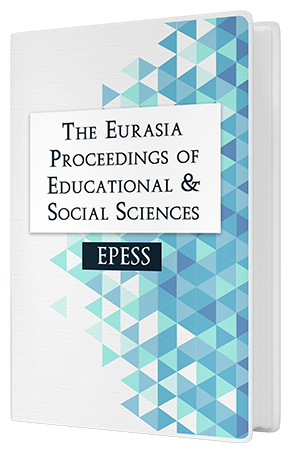Concept Mapping Plays Important Roles on Students’ Critical Thinking Skills in Science
Keywords:
Concept mapping, Collaborative concept mapping, Critical thinking skills, Science educationAbstract
The lack of students' critical thinking skills especially in Science can affect the Malaysia education system. This study aimed to identify the effectiveness of Collaborative Concept Mapping (CCM) and Individual Concept Mapping (ICM) in improving students’ critical thinking skills in science subjects. This study used the quasi-experimental research design that involved 189 form one students from public secondary schools in Malaysia. The manipulated variable in this study is teaching approaches, which includes Collaborative Concept Mapping (CCM), Individual Concept Mapping (ICM) and conventional method (CM). Meanwhile, the dependent variable is students’ critical thinking skills in Science. Data was collected using critical thinking skills diagnostic tests and analysed using one-way ANOVA test. The one-way ANOVA indicated that the students in CCM group showed significantly higher level of critical thinking skills as compared to those in the ICM and CM groups. While, there is no significant difference in the level of critical thinking skills between students in ICM and CM groups. Therefore, CCM is effective in fostering students’ critical thinking skills compare to ICM and CM teaching approaches. CCM can be used as an alternative teaching approach in science classroom to enhance students’ critical thinking skills.Downloads
Published
Issue
Section
License
Copyright (c) 2020 The Eurasia Proceedings of Educational and Social Sciences

This work is licensed under a Creative Commons Attribution-NonCommercial-ShareAlike 4.0 International License.
The articles may be used for research, teaching, and private study purposes. Any substantial or systematic reproduction, redistribution, reselling, loan, sub-licensing, systematic supply, or distribution in any form to anyone is expressly forbidden. Authors alone are responsible for the contents of their articles. The journal owns the copyright of the articles. The publisher shall not be liable for any loss, actions, claims, proceedings, demand, or costs or damages whatsoever or howsoever caused arising directly or indirectly in connection with or arising out of the use of the research material. All authors are requested to disclose any actual or potential conflict of interest including any financial, personal or other relationships with other people or organizations regarding the submitted work.




